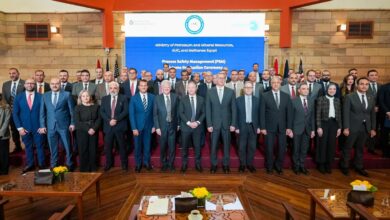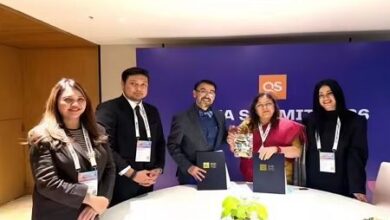University of Toronto’s Reach Alliance expands its network by partnering with academic institutions in Africa, Asia and Australia
Global initiative brings together researchers and practitioners from across disciplines and around the world to accelerate the achievement of the UNs' Sustainable Development Goals

SINGAPORE, July 21, 2022 /PRNewswire/ — The Reach Alliance announces partnerships with four leading universities, including the University of Cape Town (South Africa), Ashesi University (Ghana), Singapore Management University (Singapore) and the University of Melbourne (Australia). This scale up sees the Alliance grow from four to eight major global universities, with original partners including the University of Toronto (Canada), Tecnológico de Monterrey (Mexico), University College London (UK), and the University of Oxford (UK).
Founded at the University of Toronto’s Munk School of Global Affairs & Public Policy, in partnership with the Mastercard Center for Inclusive Growth, the Reach Alliance is a student-driven, faculty-mentored global research and leadership initiative investigating how critical interventions and innovations reach those who are the hardest to reach. The Alliance then partners with cross-sectoral organisations to translate actionable research insights for impact.
“The work of the Reach Alliance can only be done by strengthening international partnerships to achieve global reach,” says Marin MacLeod, Executive Director at the Reach Alliance.
“The Reach Alliance enables a global network of partner universities to collaborate on research and develop interdisciplinary solutions”, says Professor Elvin Lim, Dean, College of Integrative Studies, Singapore Management University. “Through student research and faculty mentorship drawn from the Alliance, we aim to deepen our engagement with the city and to create meaningful impact for communities around the world.”
Professor Mamokgethi Phakeng, Vice-Chancellor, University of Cape Town, comments “the Reach Alliance is a brilliant concept that aligns closely with the mission of the University: to ensure that our research meets the needs of even the most marginalized communities in Africa, that it has real impact, and that we produce the leaders of tomorrow who are committed to social justice.”
To read more: Acrofan




